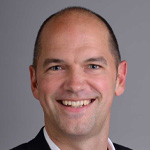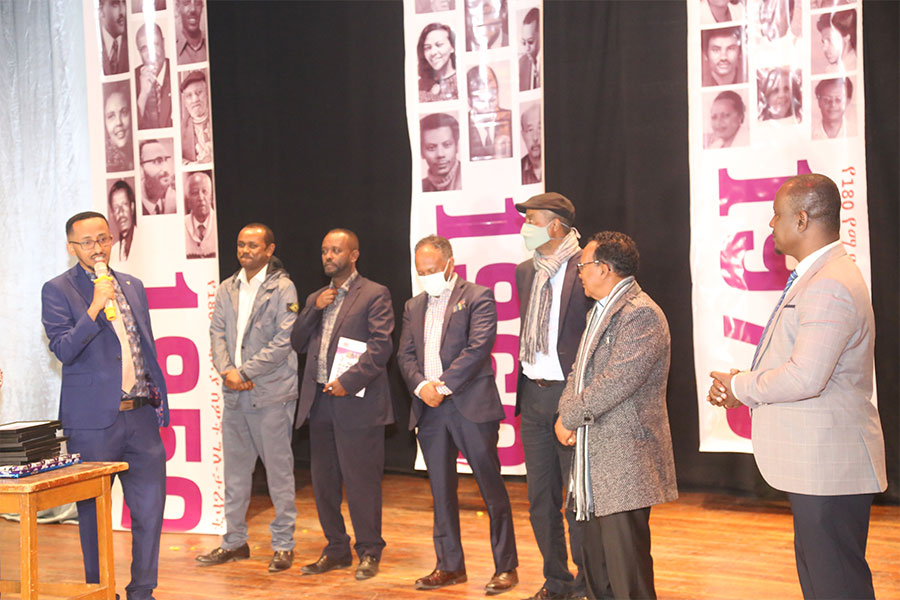
Viewpoints | Jun 01,2024
Dec 8 , 2024
By Peter G. Kirchschlager
Australia has banned children under 16 from using social media. The move has met with some criticism, particularly from companies like Meta (which owns Facebook and Instagram) and TikTok, which will face fines of up to 32 million dollars if they fail to keep young people off their platforms. But Australia's new policy represents a critical step toward protecting children in the 21st century.
All societies, and the states that serve them, have a responsibility to protect their children from harmful addictions. And addiction is exactly what social media companies are trying to cultivate. As Facebook's founding President, Sean Parker, revealed in 2017, the process of building the platform was guided by a simple question: "How do we consume as much of [users'] time and conscious attention as possible?"
The answer these firms reached lay in "exploiting a vulnerability in human psychology": the desire for social validation. Essentially, Parker explained, social media platforms were designed to deliver hits of dopamine – a neurotransmitter that plays a role in addiction – through socially validating likes, comments, views, and shares. The more people engage with the platform, the more dopamine hits they receive. The result is a "social-validation feedback loop" that keeps users hooked.
"God only knows what it's doing to our children's brains," the regretful Parker lamented.
Chamath Palihapitiya, another former Facebook executive whose "tremendous guilt" spurred him to speak out against social media, has an idea.
"You don't realise it," he told an audience at Stanford in 2017, "but you are being programmed."
Deciding how (and how much) to use social media is tantamount to deciding how much "intellectual independence" one is "willing to give up."
But many users, particularly children, are not equipped to make informed or healthy choices about social media, not least owing to those addictive feedback loops. According to the World Health Organisation's (WHO) Regional Office for Europe, problematic social media use – characterised by addiction-like symptoms, such as an inability to control usage and feelings of withdrawal when not using – has risen sharply among adolescents, from seven percent of users in 2018 to 11pc in 2022.
In the United States, the average teenager spends 4.8 hours a day on social media. These figures imply serious risks. Adolescents who spend more than three hours a day on social media are twice as likely as their peers to experience anxiety and depression. Social media use is also associated with low self-esteem, bullying, and poor academic performance. Evidence suggests that social media has been a key contributor to the uptick in suicide rates among US teens over the last decade.
The WHO has called for "immediate and sustained action to help adolescents turn the tide on potentially damaging social-media use." Even young people themselves are sounding the alarm. In early November, the youth parliament of the canton of Lucerne, Switzerland, petitioned the Cantonal Council of Lucerne to strengthen protections of social media users – not least "addiction prevention" – through "targeted awareness-raising among parents and the public."
Have children ever before petitioned adults to protect them from addictive habits? When rules on access to tobacco were debated, did young people step up to demand that their parents be informed of the risks of letting their children smoke?
The fact that social media is sparking such requests shows how acute the harm is. The consequences of social media extend beyond children. According to Palihapitiya, the "short-term, dopamine-driven feedback loops" these companies have created are "destroying how society works" by propagating misinformation and "mistruths."
As Parker put it, social media "literally changes your relationship with society, with each other." This is not mere speculation: social media has proven to be a "polarisation engine" and a powerful tool for inciting violence. Parker knew he was working to cultivate addiction, and so did Facebook Founder Mark Zuckerberg, Instagram Co-Founder Kevin Systrom, and others like them. According to Palihapitiya, while he and his colleagues told themselves nothing bad would happen, they knew "in the back of [their] minds" that it would.
But the rewards were apparently too great to give up: the more addicted people were to their platforms, the more user data their firms could collect, and the more money they would make selling highly targeted and personalised ads. The idea that social media companies would police themselves was always wishful thinking: these firms' business models are built on violating basic rights. That is why all countries serious about fulfilling their responsibility to protect their people – and the international community at large – should work together to build and enforce a new regulatory framework for these platforms.
The first step is to follow Australia's lead and raise age limits on their use.
PUBLISHED ON
Dec 08,2024 [ VOL
25 , NO
1284]


Viewpoints | Jun 01,2024

Sunday with Eden | May 18,2024

Letter To Editor | Apr 18,2023

Life Matters | Feb 11,2023

Radar | May 16,2020

View From Arada | Jan 07,2023

Sunday with Eden | Jan 18,2020

Radar | Aug 13,2022

Commentaries | Dec 19,2018

Sunday with Eden | May 13,2023

Photo Gallery | 180576 Views | May 06,2019

Photo Gallery | 170770 Views | Apr 26,2019

Photo Gallery | 161850 Views | Oct 06,2021

My Opinion | 137295 Views | Aug 14,2021

Dec 22 , 2024 . By TIZITA SHEWAFERAW
Charged with transforming colossal state-owned enterprises into modern and competitiv...

Aug 18 , 2024 . By AKSAH ITALO
Although predictable Yonas Zerihun's job in the ride-hailing service is not immune to...

Jul 28 , 2024 . By TIZITA SHEWAFERAW
Unhabitual, perhaps too many, Samuel Gebreyohannes, 38, used to occasionally enjoy a couple of beers at breakfast. However, he recently swit...

Jul 13 , 2024 . By AKSAH ITALO
Investors who rely on tractors, trucks, and field vehicles for commuting, transporting commodities, and f...

Nov 1 , 2025
The National Bank of Ethiopia (NBE) issued a statement two weeks ago that appeared to...

Oct 25 , 2025
The regulatory machinery is on overdrive. In only two years, no fewer than 35 new pro...

Oct 18 , 2025
The political establishment, notably the ruling party and its top brass, has become p...

Oct 11 , 2025
Ladislas Farago, a roving Associated Press (AP) correspondent, arrived in Ethiopia in...

Nov 2 , 2025
The National Bank of Ethiopia (NBE) has scrapped the credit-growth ceiling that had s...

Nov 2 , 2025 . By SURAFEL MULUGETA
The burgeoning data mining industry is struggling with mounting concerns following th...

Nov 2 , 2025 . By YITBAREK GETACHEW
Berhan Bank has chosen a different route in its pursuit of a new headquarters, opting for a transitional building instea...

Nov 2 , 2025 . By BEZAWIT HULUAGER
Nib International Bank S.C. has found itself at the epicentre of a severe governance...